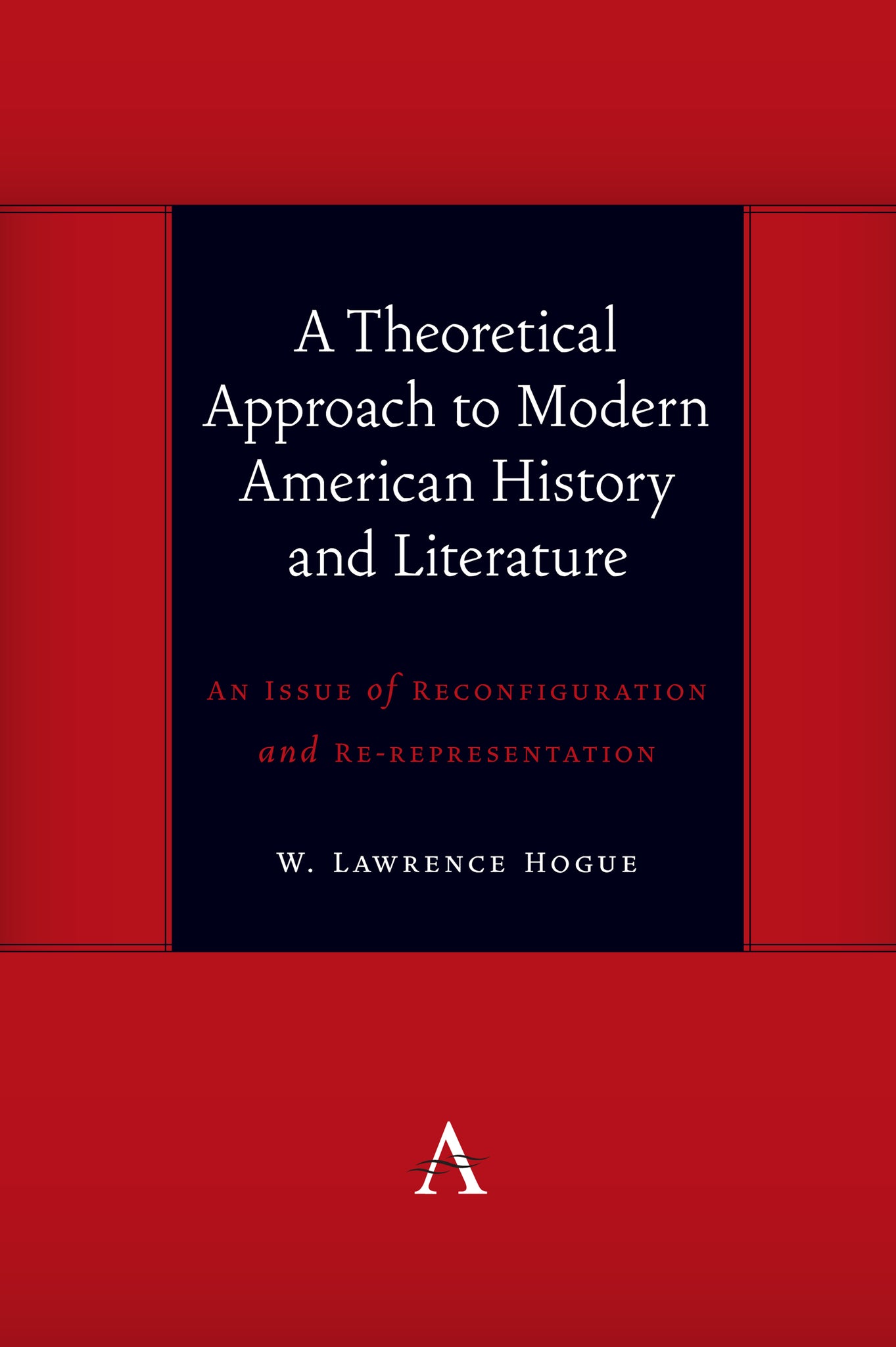We're sorry. An error has occurred
Please cancel or retry.
A Theoretical Approach to Modern American History and Literature

Some error occured while loading the Quick View. Please close the Quick View and try reloading the page.
Couldn't load pickup availability
- Format:
-
10 January 2020

This book reconfigures the history of modern America, showing how multiple and, at times, vulnerable social, economic, literary, and political movements, levels, divisions, and conditions such as the emergent middle class, the labor movement, the Progressive Movement, the socialist and communist parties, the Women’s movements, the NAACP, the Garvey movement, Asian and Native American resistance movements, writers, artists, and intellectuals seized upon social, gender, economic, and racial inequalities and challenged a singularly defined modern America. This book re-represents the modern American novel, accenting the different critical literary voices that come out of the mainstream consumer society but also out of the various unequal social, economic, gender, and political movements and situations. In including racial, gender, sexual, colonial, class, and ethnic others—who reject the rigidity, the repression, the racial and ethnic stereotyping, the external and internal colonialism, the complication/rejection of the past/nature, and the violence of the institutionalized, conformist norm—in a discussion of the modern American novel, it effects a fundamental recasting of the modern Americanist paradigm, one that is de-centered, richer, more complex, and more diverse.

LITERARY CRITICISM / American / General

“Hogue provides an accessible, well-argued and well-researched analysis of modernist US fiction as a resonating chamber for the growing inequalities that shaped modern America. Focusing on both canonical and less canonical texts from The Great Gatsby to Younghill Kang’s East Goes West, the book’s extensive close readings flesh out social and political counternarratives that decades of critical neglect have flattened out and incorporated into mainstream, inert readings of US history.” — Christian Moraru, Class of 1949 Distinguished Professor in the Humanities and Professor of American Literature and Critical Theory, University of North Carolina, Greensboro, USA
Preface and Acknowledgments; Chapter One Capitalism, Imperialism, Race and Ethnicity, the Repressive State and the Ideological State Apparatuses, and the Formation of Modern America; Chapter Two Counterformations to Capitalism, Imperialism, Modern America and Its Repressive State and Ideological State Apparatuses, and the Formation of Modern American Literature, Art, and Culture; Chapter Three Sinclair Lewis’s Babbitt : An Ethnographic Look at the Middle- Class, Individuated Subject in America in the 1920s; Chapter Four Nick Carraway’s Complicated Retreat from Modernity and the Construction of the Modern Gatsby in Fitzgerald’s The Great Gatsby; Chapter Five The African American Subaltern, Rearticulated African American Folklore, Modernity, and Hurston’s Their Eyes Were Watching God; Chapter Six Trickster Narrator, Multinarrative Perspectives, and D’Arcy McNickle’s The Surrounded; Chapter Seven Intersectionality, Inoperative Community, Trauma, Social Justice, and Agnes Smedley’s Daughter of Earth; Chapter Eight Theosophy, Plural Subjectivity, and Djuna Barnes’s Nightwood; Chapter Nine Exile, Cosmopolitanism, Modernity, and Younghill Kang’s East Goes West; Chapter Ten Conclusion; Bibliography; Index.



